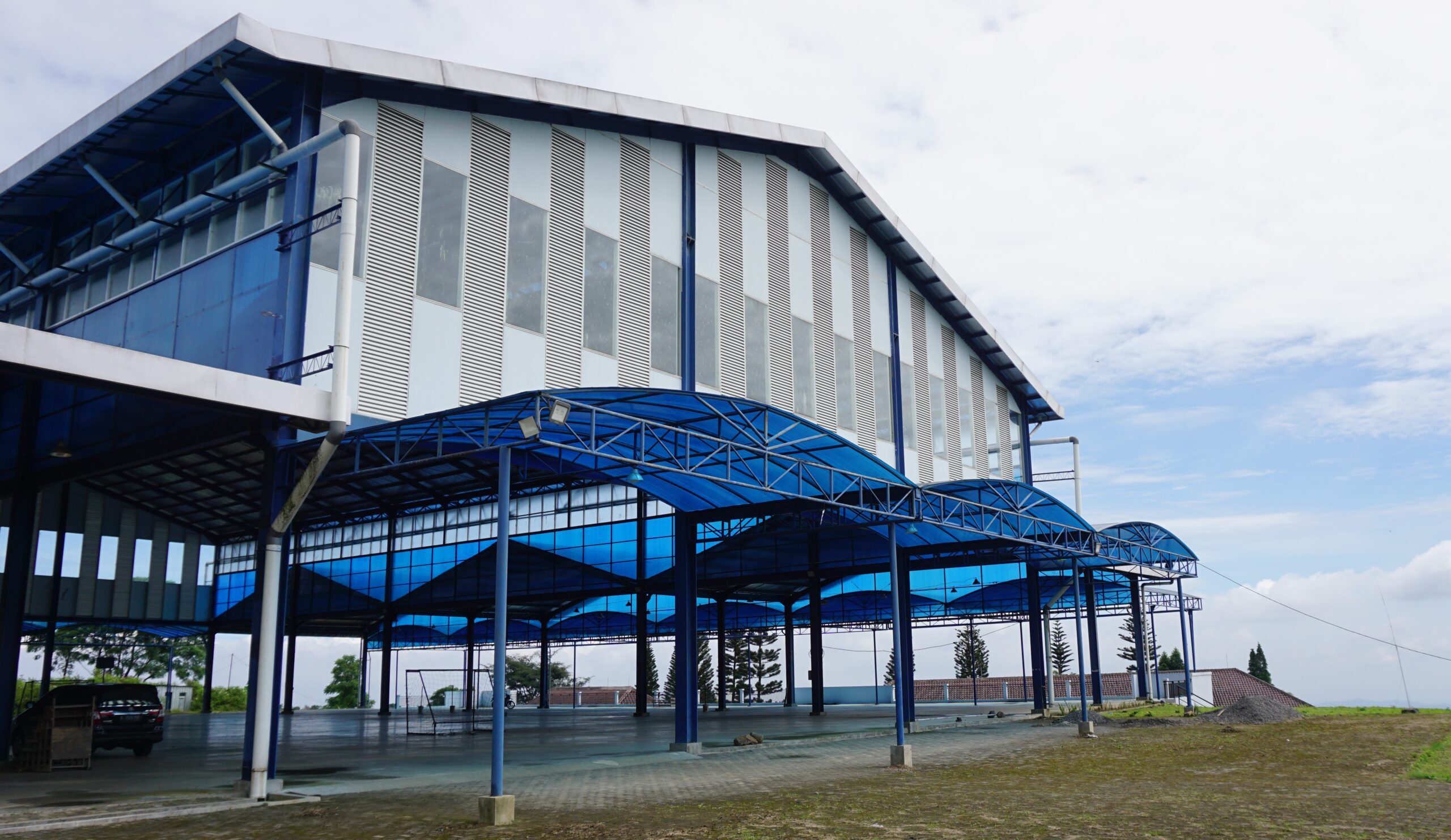As a generation of experienced pastor enters retirement age, many churches around the world are seeing a shortage of trained leaders. Pastoral candidates who have studied Anabaptist theology are even more rare. However, the three Anabaptist-Mennonite synods in Indonesia have proactive strategies to equip future leaders.
GKMI
“Pastors, teachers and evangelists retire at some point, or move on to a different calling. We want to make sure that GKMI has a ready pool of theologians, pastors, evangelists and church planters to continue leading GKMI into the future,” says Daniel K. Trihandoyo, head of human resource development of the GKMI synod.
It is in this spirit that GKMI started the theological study bursaries in 2009, although only made official in 2014 during its national convention in Bali.
“Active members of GKMI churches are eligible to apply if they are called to full-time ministry and need financial aid. Recipients will be decided based on psychological test results, interviews, endorsement by their pastor and home church leader, and assessment of their financial need,” says Daniel K. Trihandoyo.
In this scholarship scheme, the local congregation and the parents contribute to the college fees. This creates a collective accountability for the student to complete study and serve in the GKMI synod.
“We want all GKMI members who study theology to have a place to serve in GKMI. So far, our local congregations have been proactive in informing the synod of their need,” says Daniel K. Trihandoyo.
On average, three bursary recipients graduate each year and are recruited for ministry within GKMI. This roughly matches the number of pastors who retire annually.
“Interest in studying theology has increased for both fresh high school graduates as well as people who have a degree in other fields,” says Daniel K. Trihandoyo.
“This is encouraging, because we need Christ-centred leaders who are not only equipped theologically but are also keen learners of psychology, sociology, technology, management, leadership, financial management, coaching and communication.”
GITJ
“GITJ has seen an upward trend in young people wanting to study theology. We are optimistic that the future need for pastors, assistant pastors and ministry leaders can be filled from our pool of graduates, with some of them being recruited by other mission agencies and churches,” says Pendeta (pastor) Herin Kahadi Jayanto of GITJ Kudus, who is a faculty member of Wiyata Wacana.
GITJ began STAK Wiyata Wacana (Wiyata Wacana) in Pati, Central Java, in 2014 to address the need for Anabaptist-rooted theologians to lead its churches. Almost all of the 190 full-time pastors serving GITJ’s 120 congregations are graduates.
In addition to its undergraduate degree-programs in theology, the school offers training in Christian education (Religious studies is a core subject in Indonesian schools, creating demand for religious education teachers).
Pdt. Herin Kahadi Jayanto credits GITJ’s recognition of pastors and church workers as a profession as one of the top reasons for the uptick of interest in theology studies.
“In the past, church planting and being a pastor were viewed as a calling that may not necessarily come with church support, meaning they need to find a living or financial support independently. Now they know that while serving God and his mission field requires a passion and a clear calling, this is also a profession receiving the support of the church.”
Financial aid could also be behind the increasing interest, “Some local congregations are keen to sponsor their own church members to study theology and would encourage their young generation to consider this field of study,” says Pdt. Herin Kahadi Jayanto.
To stay rooted in its Anabaptist teaching and expose its students to global trends in ministry, Wiyata Wacana collaborates with Anabaptist Mennonite Biblical Seminary (AMBS) since 2022 to offer a theological program with global perspective, taught by AMBS professors but conducted at Wiyata Wacana’s Pati campus.
“This program has sparked yet more interest in studying at our school, especially among IVEP and YAMEN alumni and young people who are keen to understand the global context and challenges,” says Pdt. Herin Kahadi Jayanto. “We have received more applications for the next intake compared to previous years.” This program is now within the scope of MWC-AMBS’ Forming Leaders Together campaign to nurture and develop Anabaptist leaders globally.

JKI
Meanwhile, JKI has a big vision for their theological school, STT Sangkakala, started in 1986. “Our vision is to have 1,000 local churches Indonesia and 1,000 missionaries to send to various countries. This vision cannot be achieved without a training centre to prepare them. STT Sangkakala is our way to prepare them,” said Yusup Rogo, head of STT Sangkakala’s undergraduate program.
Every JKI congregation has independence, so each is free to recruit pastors and church workers from any theological schools according to their needs. “But many of our graduates become independent church planters, and their churches join JKI once established,” said Yusup Rogo.
“Other than Bible-based pastoral, preaching and evangelism skills, I believe it is imperative that today’s theologians have entrepreneurship, social media skills, interpersonal and networking skills – including how to build bridges with community leaders and local governments – to foreign language ability,” he says.
His observation is consistent with that of GKMI and GITJ, which doesn’t see a decline in interest to study theology and entering full-time ministry. “It is not uncommon for people who have encountered God at personal level to want to serve God and accept the calling to full time ministry.”
*Today, there are three Anabaptist-Mennonite groups in Indonesia:
- Gereja Injili di Tanah Jawa (GITJ –Evangelical Church in the Land of Java)
- Gereja Kristen Muria Indonesia (GKMI –Muria Christian Church of Indonesia)
- Jemaat Kristen Indonesia (JKI –Indonesian Christian Congregation)